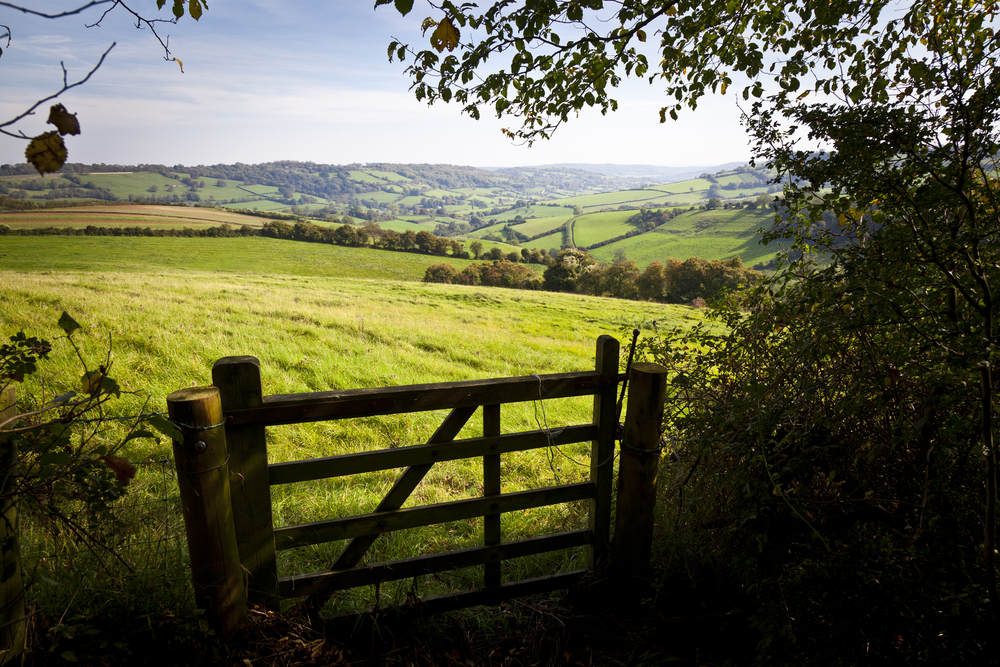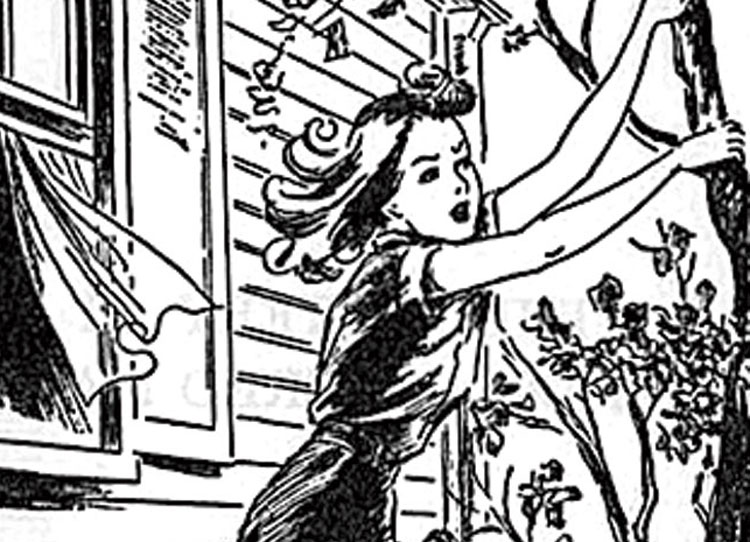The Redeemed By Tim Pears, Bloomsbury, Rs 599
It is a love story, a story of adventure, of growing up, but first and foremost, it is a story of a rural England that is changing even as the novel progresses. With The Redeemed, Tim Pears brings his much-acclaimed West Country trilogy to a close. The Horseman, the first part of the trilogy, begins in an estate in Somerset, where the landlord’s daughter, Lottie Prideaux, nurtures her love of animals amid the beautiful landscape and dreams of becoming a vet. Her companion is Leo Sercombe, the son of the head keeper who shares a magic bond with horses and is a silent observer of nature. In the second part, The Wanderers, Leo is ejected from Eden. He is forced to lead a wandering life till the First World War calls on him to join up. The Redeemed opens on Leo’s life as deckhand on the HMS Queen Mary that will soon be destroyed in the Battle of Jutland.
Memories of rural peace seem like hallucination in the gripping sequence of the ship’s destruction and its terrifying aftermath. Leo’s survival may seem miraculous, particularly the return of his sight, but the experience helps him become a fearless diver. For two years he works for an entrepreneur making money by salvaging metal and material from ships sunk during the war. It will be a while before he turns homewards when the war is finally over, with many pauses — and more growing up — in between.
Meanwhile, Lottie has fought to become a ‘horse doctor’ in an age which was not warm to the idea of women riding about the country, wielding instruments and helping the birth of calves and foals. She still manages to train under the village vet, but disguised as a boy. Then, after a violent reminder that she is a woman after all, she goes to the city to learn her science, and then returns to take over the vet’s old surgery herself.
Through the loss of her home and the dispersal of her family, the core of her existence so far, Pears conveys the disturbing, saddening sense of changing times. The growing fluidity in received ideas of gender and class underscores the dissolution of the comfortable fixities of old rural England. But the changes also suggest new possibilities — a little vague perhaps — symbolised by the hesitant return of Leo.
Understandably, Pears has been hailed as one of the best of England’s rural writers in a tradition that stretches from Thomas Hardy to Flora Thompson. But the way he presents the workings of ships and the vet’s science makes him indisputably contemporary. Which is why his beautifully managed nostalgia sours a little, apart from the fact that he rather depends on coincidences and injects a sly sentimentality here and there. The Redeemed is a very ‘English’ novel, evoking sweet memories of an innocent England that knew nothing of the colonies Britain ruled. In the centenary year of Jallianwala Bagh, that is quite a feat.



